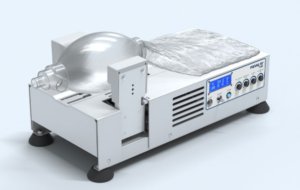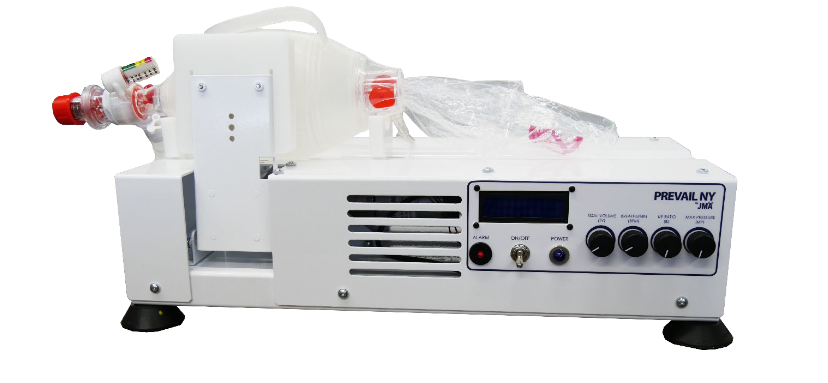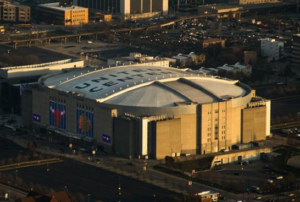The NFL on Monday sent teams a nine-page guide of protocols that need to be followed in order to safely allow players and staff into team facilities during the coronavirus pandemic.
The guidelines, made public by the league, include a list of cleaning steps and procedures to ensure player and staff safety from the virus, including specific steps for disinfecting practice and workout areas and cleaning equipment and other things like gloves and towels. The protocols also include the need for social distancing, including having locker spaces six feet apart.
While no date has yet been set for when players and staff might return to team facilities, the NFL’s report said that some players might start returning for injury rehabilitation and other procedures sometime later this month. According to the protocols, teams will also be required to certify that they have complied with the guidelines, and the league said it will also conduct “unannounced inspections” to ensure that teams are complying.









